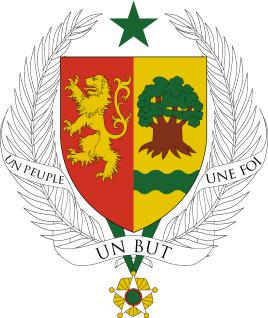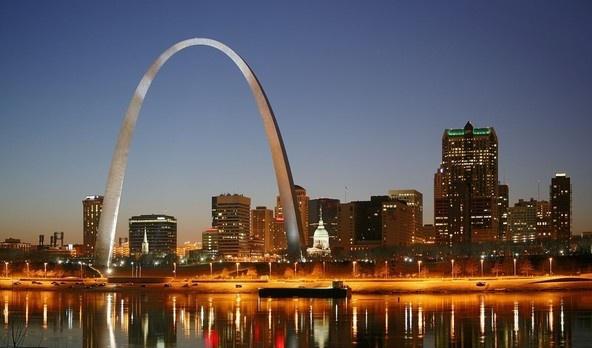

Senegal is located in the western tip of the bulge in western Africa, the capital of Dakar, it is bordered by Mauritania in the north, Mali in the East, Guinea and Guinea-Bissau in the south, and Cape Verde Islands in the West. The coastline is about 700 kilometers long.
Senegal is an agricultural country with forests accounting for 31% of the total land area, arable land accounts for about 27%, peanut is the most important economic and export crop, other industries include fishery, mining, manufacturing and tourism.
Senegal is rich in phosphate and iron ore reserves. As a member of the economic community of West African States and the organization for the integration of African Industrial and commercial laws, Senegal is striving to achieve regional integration and foreign tariff unification. However, on the negative side, the country has been plagued by the long-standing high unemployment rate of urban population, the imbalance of social and economic development and juvenile delinquency.
On May 4, 2019, the Senegalese National Assembly passed the constitutional reform bill, which decided to permanently abolish the prime minister.
